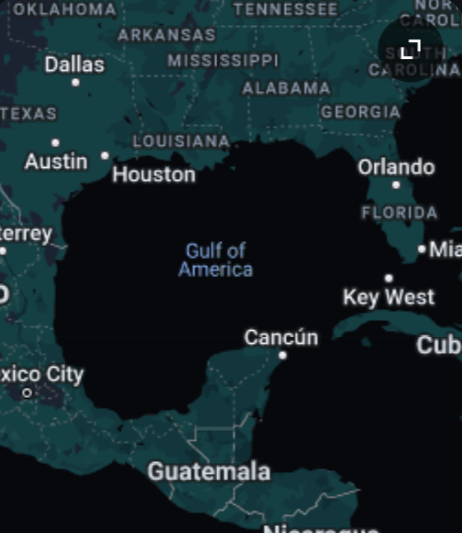Why we laugh; Biology of laughter
December 14, 2021
No matter what language you speak or how you were raised there is still a universal connection, that is laughter. When anybody laughs you can tell that they are happy and enjoying themselves.
The laughing disease came up “When 95 of the school’s 159 pupils had come down with what came to be known as omuneepo, the Swahili word for laughing disease, the school shut down,” according to Slate.
For many years scientists have not had a clear answer as to why we laugh. When the scientist working on the omuneepo case traveled to the village they noticed that the students were in windowless rooms with poor conditions. Similar conditions were discovered in similar situations.
“Laughter is a vexing subject even when it’s not spreading through the countryside like a virulent disease,” said Slate. “The laughter of our everyday lives isn’t for the most part in response to anything resembling jokes. Instead, most of it occurs in conversations that, out of context, don’t seem funny at all. Provine’s discoveries suggest that laughter is inherently social, that at its core it’s a form of communication and not just a byproduct of finding something funny,” said author of Laughter: A Scientific Investigation Robert Provine.
“He found his participants were 30 times more likely to laugh in the presence of others than when they were alone. Among the few solitary instances of laughter, nearly all occurred in response to TV shows or other media—that is, electronic proxies for other people,” said Provine.
According to the BBC, the frontal lobe is that part of our brian that is firing when you laugh. The limbic system is the brain’s control center for the happiness emotion and others. Then it sends the stimulus to the brain. After that scientists are not really sure where the physical response of laughter comes from, it is just a feature of our nature.
















